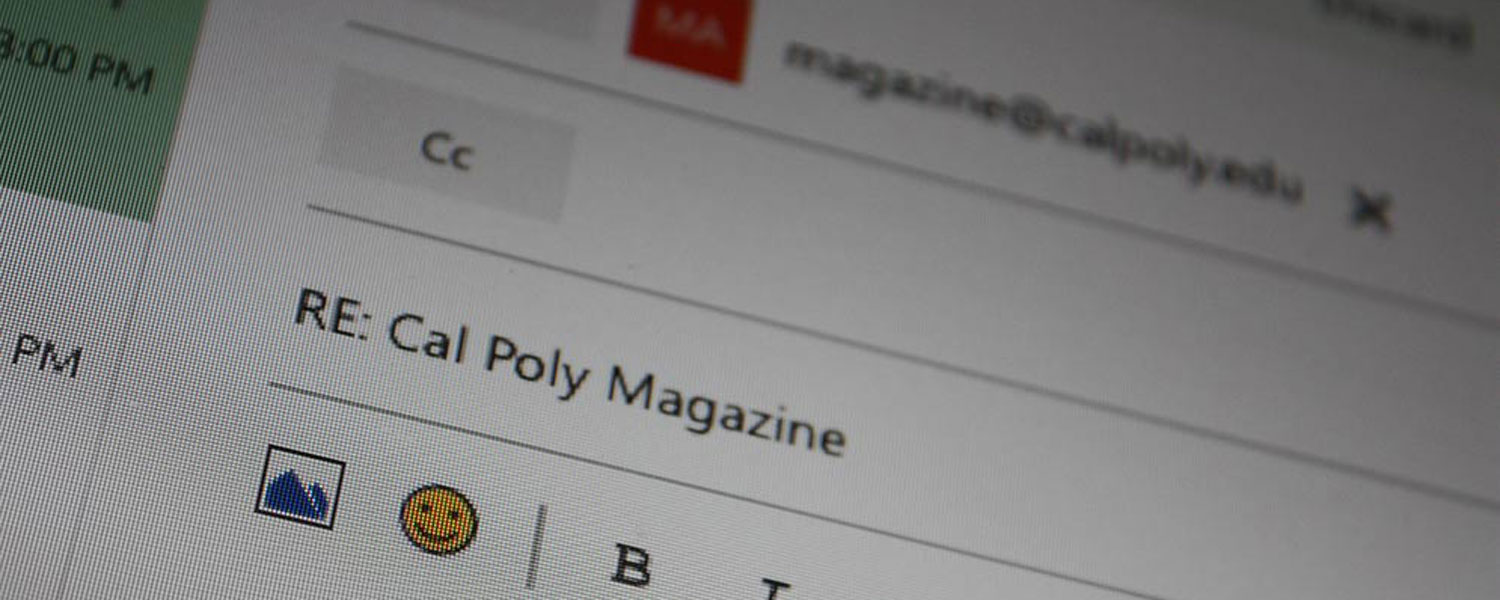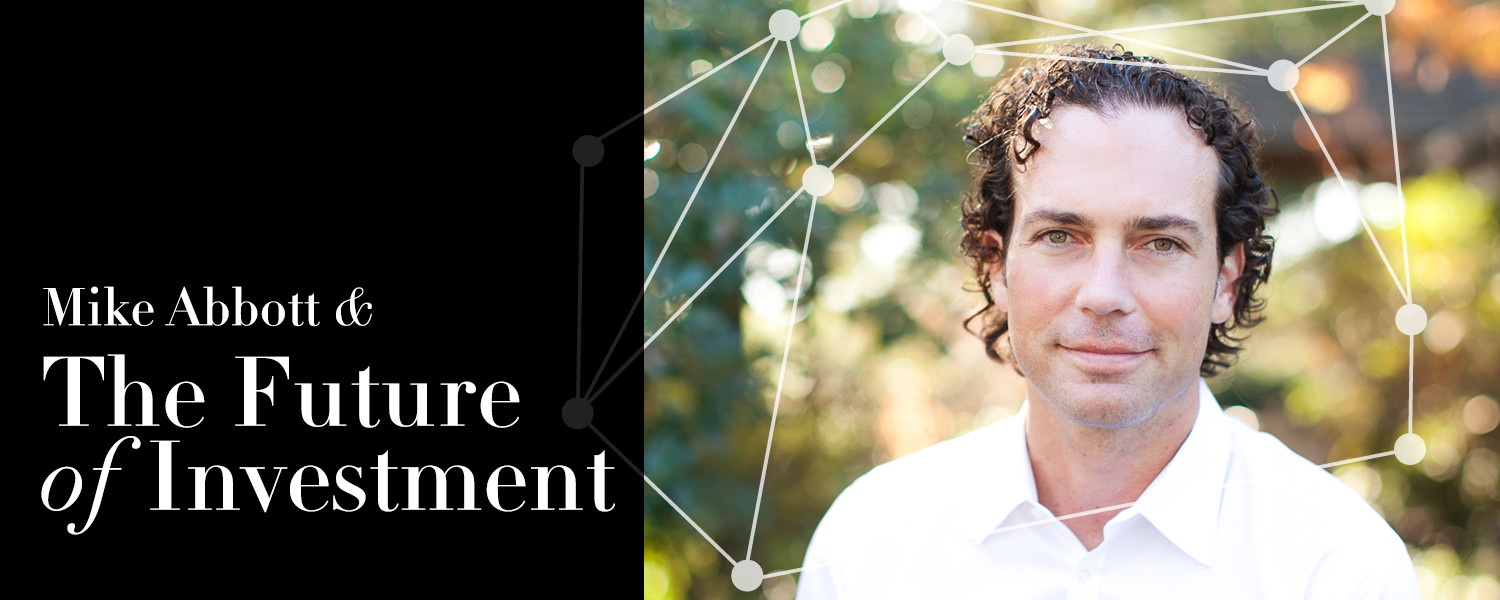Questions & Answers
Ethically Speaking
Interview by Robyn Kontra
Accounting Professor Steven Mintz has been surveying business ethics for decades, watching the landscape quake and settle with each new scandal and breakthrough in transparency. Throughout his career, he has explored ethics in accounting while taking his findings into the classroom to prepare students about to enter the workforce. Most recently, Mintz received the Accounting Exemplar Award from the Public Interest Section of the American Accounting Association, making Cal Poly the only institution to have two faculty members recognized with the honor.
Cal Poly Magazine: How do you define ethics in a business context?
Mintz: I believe ethics is ethics. In other words, there are certain standards of behavior that people should aspire to achieve in their personal as well as business lives: honesty, integrity, trust, accountability, respect, responsibility, fair treatment and what business should be. We tend to say in ethics that it’s prescriptive. It’s how you should act. It doesn’t describe how people necessarily act.
How have you seen business ethics change in the last decade, and where are we today?
Business has become global, so you’ve got a lot of cultural issues; not every country has the same set of cultural standards. Economic and financial legislation has major implications, too. Back in 1999, Bill Clinton signed into law a repeal of the Glass Steagall Act, and that dismantled the separation between commercial banks and investment banks. And a lot of people point to the resulting mortgage crisis as a cause of the financial recession, which clearly reflected a lack of ethics. In my field, accounting, it was basically a lot of greed back in the late 1990s and early 2000s fueled by de-regulation of the telecommunications industry. With fewer regulations, there was pressure to make profits look a lot bigger than they really were as new companies sprang up literally overnight and others merged, leading to larger earnings and pressure to produce future earnings that met or exceeded prior years’ earnings. I think that was a pivotal moment. We’re still trying to recover our ethical balance.
How do you think the financial bailouts that resulted from the recession impacted the approach of business leaders?
The bailout of companies such as AIG sent a message to financial institutions that the government was there to clean up their mess if risky transactions contribute to their failure. The result was a kind of a “moral hazard” where a company such as AIG becomes too big to fail, and it knows it. Using subprime mortgages that were packaged into collateralized debt obligations, financial institutions knew they were transferring the risk to outside investors, so they may have been more willing to play fast and loose with the rules.
Lately there have been other international events that have fueled the ethics debate, like Volkswagen’s emissions fraud. How has that shifted the conversation?
Well VW is sort of a unique situation in actually designing the system to put out false data, but the automotive industry has had problems for a long time. Just about every company has had massive recalls, situations where they actually knew about defects and problems but did nothing about them. Companies tend to conduct a cost-benefit analysis of what’s going on and what it’s going to cost to do the right thing and fix the problem. Many decide it costs too much to fix the cars, and they’ll take their chances. Expediency and false hope blinds them to their ethical obligations to protect the driving public.
It’s hard to have a conversation about ethics working positively because the only time we get to talk about this is when something goes wrong. Do you feel like we have any ethical role models in business?
One company that always sticks out in my mind is Whole Foods, which has an excellent reputation for ethics. Their CEO is really committed to it, and they have specific corporate social responsibility programs to back that up. But I think most companies are unfortunately paying lip service to ethics. They have nice documents called ethics codes and file them away. But it doesn’t become part of the culture. Unless you act that way and set an ethical tone, it doesn’t really work very well.
But we do have more and more companies that are looking at the corporate social responsibility and sustainability sides of ethics which seems to have caught on a lot, not only with the public, but also with young people today.
And there are a lot of companies that are choosing to structure themselves as B-Corporations or paying more attention to triple bottom lines to have these values infused in everything they do. Do you think this indicates a positive trend for business, or is that more about their brand and how they’re perceived publicly?
The B-Corporation concept is rather young, about five years old, and I’m a little concerned that companies are using it as a PR piece. I think it needs to evolve over time, but triple bottom line methods really have some sound practices. Performance is not only measured financially, but it’s based on environmental, social and ecological policies. “People, planet, profits” is what they say, and this has caught on a lot. I know my students are very interested in this. They are looking to work for companies that are profitable and that do good things, like improving the environment.
You talked about the importance of leadership at the top really buying into ethics. Do you think that the next generation can bring the ethics from the bottom up?
I think that young people will have more to say over time about the ethics of their companies. I believe it’s a social media-driven phenomenon: companies are becoming aware of the fact that what they do becomes instant knowledge, so they are being more careful. But it’s going to take time to change a culture that, for the past 10 or 20 years, has been driven so much by profits.
As we gain some perspective from the recession, what are the long-term effects of these major scandals and trends? Do you think these industries have really learned their lesson?
I think from a government perspective, yes, we do have a lot of laws that penalize unethical behavior, but it doesn’t really sit with me well: laws to make you ethical. If you need a law to make a person or company ethical, you’re probably not going to have the desired effect. One mistake that I see companies still making is equating being ethical with being legal. Many think, as long as they follow laws, they’re ethical. Well that’s not always the case because the laws can’t cover every situation. Enron actually followed the law initially in establishing off-balance-sheet entities but lost sight of the spirit of the law by abusing these techniques and failing to be transparent about them. That said, I’ve seen many more businesses embrace not only an ethics code, but also ethics training, an ethics hotline for reporting and investigating concerns, and even an ethics officer position. It can really have a very positive effect on the culture of a company. Long term, I’m fairly confident things will be a lot better in the next 10 years. I think business has learned the ethical lesson that you can’t always control the situation you find yourself in, but you can control how you react to it.





